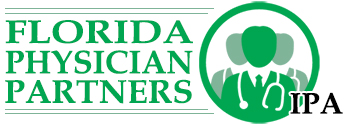HIGH CHOLESTEROL
If you have high cholesterol, there’s a good chance it’s your fault. And that’s good news! It means you can do something about it.
Your body protects nerves, makes cell tissues, and produce hormones using a waxy substance called Cholesterol. Your body can get cholesterol directly from the foods you eat such as meats, eggs and dairy products. The main source of cholesterol your body needs is made by your liver. Although your body needs cholesterol, too much can have a negative impact on your health. If you have High cholesterol making changes to your lifestyle is necessary to help lower your risk of getting heart disease. For some people prescribed medication is needed and may be the only thing that can help. It’s always better to make changes to your lifestyle upon being diagnosed to prevent a heart attack or stroke, than to wait for a devastating event that will change your life. Cholesterol circulates in the blood, and as blood cholesterol levels rise, so does the risk to your health. That’s why it’s important to have your cholesterol tested so you can know your levels. High cholesterol has no symptoms.
Low-density lipoprotein (LDL) delivers cholesterol to the body; this is known as “bad” cholesterol. High-density lipoprotein (HDL) removes cholesterol from the bloodstream; this is known as “good” cholesterol.
Too much of bad or not enough of the good can increases the chances that cholesterol will start to slowly build up in the inner walls of arteries that feed the heart and brain. Together with other substances, cholesterol can form a thick, hard deposit that can narrow the arteries and make them less flexible. If a clot forms and blocks a narrowed artery, a heart attack or stroke can result. High cholesterol is one of the major controllable risk factors for coronary heart disease, heart attack and stroke. If you have other risk factors such as smoking, hypertension or diabetes, this risk increases even more. The more risk factors you have and the more severe they are, the more your overall risk rises. Always remember making minor changes now can help prevent major changes later.

